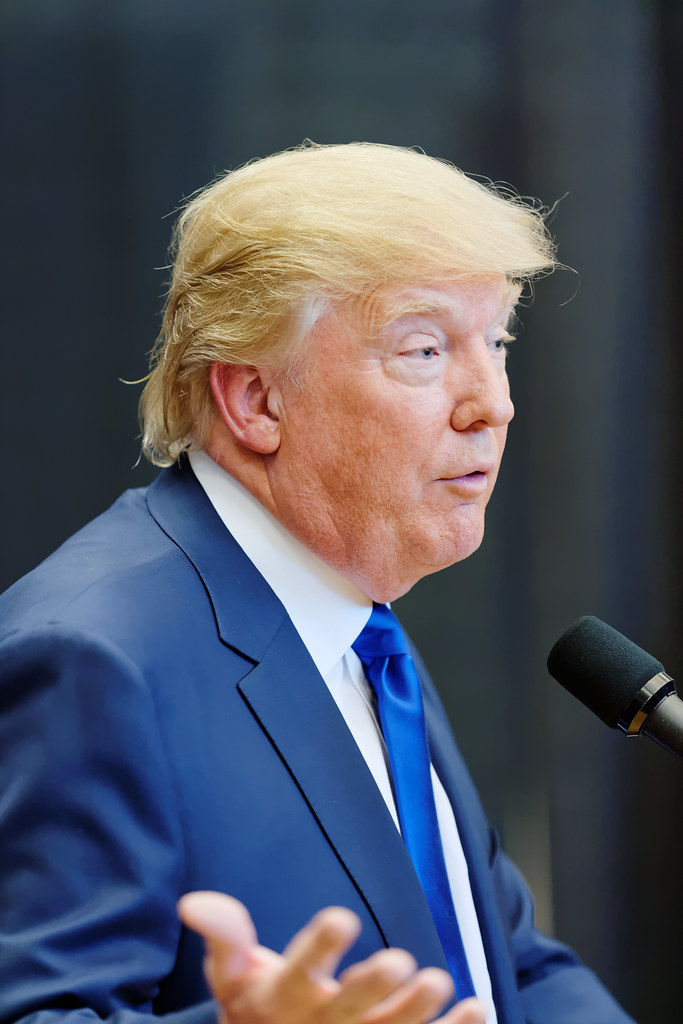Key Takeaways:
- The Trump administration is weighing Venezuela airstrikes on naval bases and airstrips.
- Officials say strikes would send a clear message to President Maduro to step down.
- White House spokespeople stress they will use all American power to stop drug smuggling.
- Experts warn the move could backfire, uniting Venezuelans behind their leader.
- The U.S. has already killed more than 50 alleged narco-terrorists from Venezuela and Colombia.
Could Venezuela Airstrikes Shake Up Maduro?
A recent report says the Trump team is planning possible Venezuela airstrikes. Officials want to hit naval facilities and airstrips. They believe these sites help smugglers load drugs bound for the U.S. No official order exists yet. Yet, senior advisers say the strikes would send a strong signal. They aim to pressure President Nicolás Maduro to step down.
Meanwhile, the plan marks a serious escalation in the U.S. fight against drug trafficking. White House spokespeople insist the president is ready to use all tools at his disposal. They say that includes military power. Indeed, new strikes could change the balance in Venezuela. However, they could also risk wider conflict that draws in other nations.
Why Venezuela Airstrikes Are on the Table
First, U.S. leaders point to rising drug flows from Venezuela. Last year, shipments of illegal substances hit record highs. Secondly, American officials argue the Maduro regime profits from criminal networks. They say his military protects drug routes along the coast. Third, hitting these bases would disrupt smuggling at its source. Finally, they believe a bold strike shows the U.S. won’t tolerate threats to its border.
Moreover, President Trump has repeatedly warned Maduro to stop sending drugs and criminals into the United States. A White House spokeswoman said the administration will use “every element of American power” to end the threat. In their view, limited air strikes could halt drug flights and send a warning shot to other regimes that help cartels.
How Venezuela Airstrikes Might Work
If approved, Venezuela airstrikes would likely target key naval docks and hidden airstrips. U.S. jets could strike under the cover of night to limit civilian casualties. Cruise missiles might hit hardened storage bunkers. Drones could gather real-time intelligence on runway use.
In addition, U.S. forces may coordinate with regional partners. Intelligence agencies would monitor drug flights before and after strikes. The Pentagon could then assess whether the air strikes reduced smuggling. If successful, Washington might broaden the campaign to other facilities tied to narcotics.
Importantly, commanders would plan carefully to avoid hits on civilian areas. They would also set clear objectives. For example, they could aim to disable runways for several weeks. Such damage could prevent drug planes from taking off. Ultimately, the goal remains to cut off the flow rather than start a full war.
Potential Risks of Venezuela Airstrikes
However, experts warn that Venezuela airstrikes carry serious risks. Geoff Ramsey, a Venezuela analyst, says the strikes could backfire. According to him, no major military defections have happened yet. Instead, attacks might drive soldiers and citizens to rally around Maduro. This so-called rally-around-the-flag effect could strengthen his grip.
Furthermore, striking sovereign bases breaks a long-held norm against attacking another nation’s military on its soil. This move could isolate the U.S. diplomatically. Rival countries might condemn the action or increase support for Venezuela. Tensions could rise, leading to unexpected confrontations at sea or in the air.
In addition, any miscalculation could lead to civilian harm. Even with precise weapons, accidents happen. If a family home is struck by mistake, global outrage would follow. In that case, the U.S. might face protests both abroad and at home. Finally, regional allies could fear being drawn into a larger conflict, affecting cooperation on other issues.
What Comes Next After Venezuela Airstrikes Talk
At present, no final decision has been made. The White House is still weighing legal, moral, and strategic factors. Meanwhile, Congress may push back if it sees the move as too risky. Lawmakers may demand more evidence that strikes would stop smuggling.
Next, U.S. diplomats might try tougher sanctions before moving to military action. They could target Venezuela’s oil sector or freeze more assets. Additionally, the U.S. could work with neighboring countries to seal airspace and ports linked to cartels.
Yet, if drug flights keep rising, pressure will grow on the White House. Public opinion might support decisive action to protect American communities. Families affected by drug addiction may call for stronger measures. In that context, the choice between sanctions and strikes will become more urgent.
Meanwhile, Venezuela’s military leadership watches closely. If they fear U.S. attacks, they may seek closer ties with other allies like Russia or China. In turn, those nations could offer anti-air defense systems or political backing. This could lead to a new kind of Cold War in Latin America.
Ultimately, the world waits to see whether the U.S. will cross the line from naval patrols and drug seizures to direct military strikes. Those strikes, if they happen, would mark a historic shift in U.S. policy toward Venezuela. They would also test the limits of American power and the resilience of the Maduro government.
Frequently Asked Questions
What evidence supports the idea of striking Venezuelan airstrips?
Officials say they tracked drug planes using those runways for smuggling. Yet, they have not released full details. They believe hitting the strips would curb flights fast.
Could airstrikes lead to a full-scale war?
Any military action risks wider conflict. Neighbors and major powers could get involved. However, planned strikes would aim for limited targets to avoid a full war.
How might Venezuela respond if airstrikes begin?
Venezuela could shoot back at U.S. planes or ships. It may call for help from its allies. There is also a chance the military resists orders, but proof of that remains slim.
What non-military options does the U.S. have?
The U.S. can tighten sanctions, work with regional partners, and boost drug interdiction efforts at sea. It can also offer incentives for Venezuelan officials to defect.
